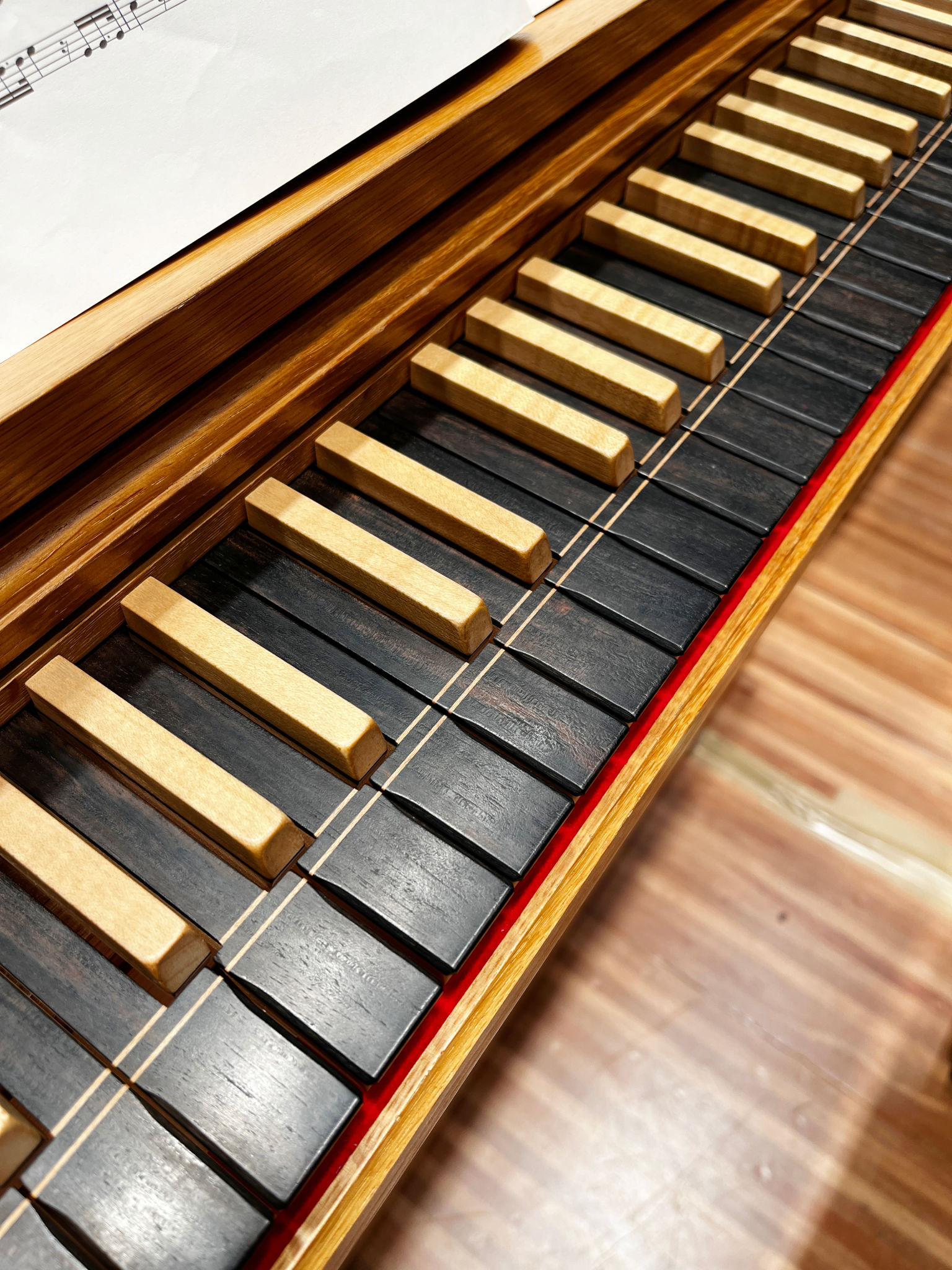Organ Maintenance 101: Keeping Your Instrument in Top Shape
Understanding Your Organ
The organ is a magnificent instrument, renowned for its majestic sound and intricate mechanics. To keep it performing at its best, understanding its components and how they function is essential. Organs can vary greatly in size and complexity, but most feature a combination of pipes, bellows, and keyboards. Familiarizing yourself with these parts will aid in effective maintenance.
Regular maintenance is crucial for preserving the quality of sound and longevity of the instrument. Whether you own a small home organ or are responsible for a large church organ, consistent care is necessary to avoid costly repairs and ensure optimal performance.

Routine Cleaning
Cleaning your organ regularly is one of the simplest yet most effective ways to maintain it. Dust and debris can accumulate over time, affecting both the appearance and function of the instrument. Start by gently dusting the exterior surfaces with a soft, dry cloth. Avoid using any harsh chemicals or cleaning solutions that might damage the finish.
For the interior, it's best to consult a professional for thorough cleaning. The pipes and internal components are delicate and require specialized tools and knowledge to clean properly without causing damage.

Tuning and Voicing
Tuning is an essential part of organ maintenance. Changes in temperature and humidity can cause the pipes to expand or contract, leading to tuning discrepancies. Regular tuning ensures that your organ produces harmonious sound. It's advisable to have your organ tuned by a professional at least once a year.
Voicing, on the other hand, involves adjusting the tonal quality of each pipe to ensure a consistent sound across the entire instrument. This process requires a skilled technician who can balance the sound to suit the acoustics of the room where the organ is housed.

Maintaining Bellows and Action
The bellows are crucial for producing sound in an organ, as they supply the necessary air pressure to the pipes. Inspecting them regularly for leaks or wear can prevent performance issues. If you notice any loss of pressure or unusual sounds, it's time to have them checked by an expert.
The action mechanism includes all the moving parts that connect the keys to the pipes. Over time, these components can wear down, leading to sluggish or unresponsive keys. Routine checks and servicing by a technician will keep everything in smooth working order.
Environmental Considerations
The environment in which your organ is placed plays a significant role in its maintenance. Organs thrive in stable conditions with consistent temperature and humidity levels. Sudden changes can lead to wood warping or metal corrosion, impacting both sound quality and structural integrity.
Consider using a humidifier or dehumidifier as needed to maintain ideal conditions. Regularly monitoring the room's climate will help safeguard your instrument from environmental damage.

Professional Servicing
While routine care can be managed on your own, professional servicing is indispensable for more complex maintenance tasks. A qualified technician can provide detailed inspections and address issues that may not be visible to the untrained eye. Establishing a relationship with a reputable organ service provider ensures that your instrument receives expert care.
In conclusion, maintaining your organ involves a combination of regular cleaning, tuning, and professional servicing. By adhering to these practices, you can enjoy the rich sound of your instrument for years to come.
